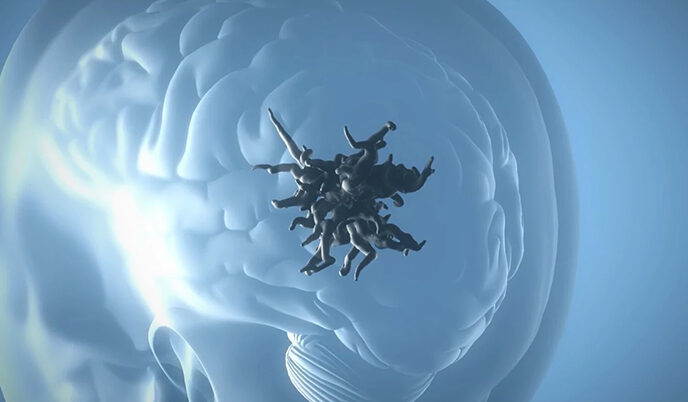
UW clinical trial tests new way to treat glioblastoma
A new clinical trial at UW Health | Carbone Cancer Center uses a personalized medicine method to try to teach the immune system to recognize and destroy glioblastoma tumors.
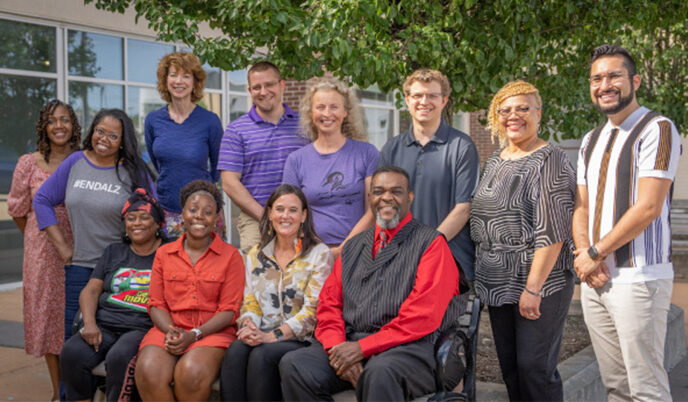
Researchers pursue easier, earlier detection of Alzheimer’s disease in Black adults
A blood biomarker and a method of testing cognitive processes such as memory and thinking could hold promise for identifying middle-aged Black people who are at risk for later developing Alzheimer’s disease, according to a new study from the University of Wisconsin School of Medicine and Public Health.
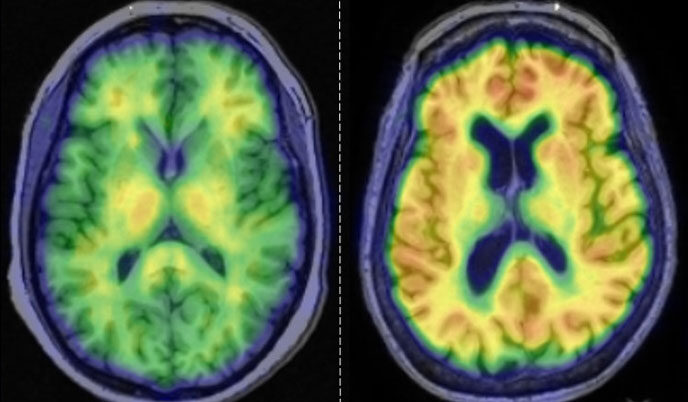
Groundbreaking phase 3 Alzheimer’s clinical trial at UW in need of volunteers
The University of Wisconsin School of Medicine and Public Health is recruiting volunteers for a study testing an investigational treatment that aims to help prevent the earliest memory loss due to Alzheimer’s disease.
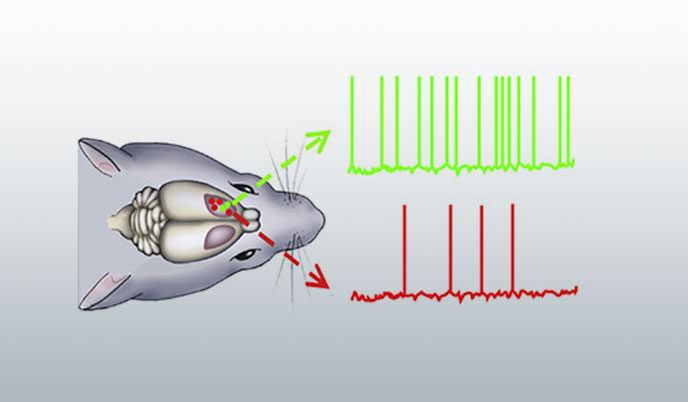
Stem cells can repair Parkinson’s-damaged circuits in mouse brains
The mature brain is infamously bad at repairing itself following damage like that caused by trauma or strokes, or from degenerative diseases like Parkinson’s. Stem cells, which are endlessly adaptable, have offered the promise of better neural repair. But the brain’s precisely tuned complexity has stymied the development of clinical treatments.

Howard Rowley receives 2020 Gold Medal from American Society of Neuroradiology
Howard Rowley, MD, has been awarded the 2020 Gold Medal by the American Society of Neuroradiology. This award honors exceptional service and achievement in neuroradiology and recognizes Dr. Rowley’s many contributions to stroke trials, dementia research and advanced imaging techniques, as well as what is perhaps is greatest contribution—his gift for teaching and his ability to distill complex topics into manageable and memorable information.

Exercise linked to enhanced brain function in adults at risk for Alzheimer’s Disease
Regular aerobic exercise may decrease the likelihood of developing Alzheimer’s disease, or slow its progression, in adults who are at a higher risk, according to a new study from the University of Wisconsin School of Medicine and Public Health (UW SMPH).

Scoring system predicts seizure risk in hospitalized patients
A new rating system can accurately predict which critically ill patients are in danger of having seizures while hospitalized, a large, multi-national trial shows.

Aaron Struck wins award for research to better predict seizures
Epilepsy physician and researcher Aaron Struck, MD, won the INFORMS Analytics Society Innovative Applications in Analytics Award (IAAA) for research in how to better predict seizures in patients with critical illness.

Hypertension, obesity escalate memory loss in people at risk for Alzheimer’s disease
A new study from the University of Wisconsin School of Medicine and Public Health shows people at risk for Alzheimer’s disease who have high blood pressure or are overweight experience declines in memory and thinking skills at double the rate compared to those without hypertension or obesity. In this study hypertension in participants was both treated and untreated.
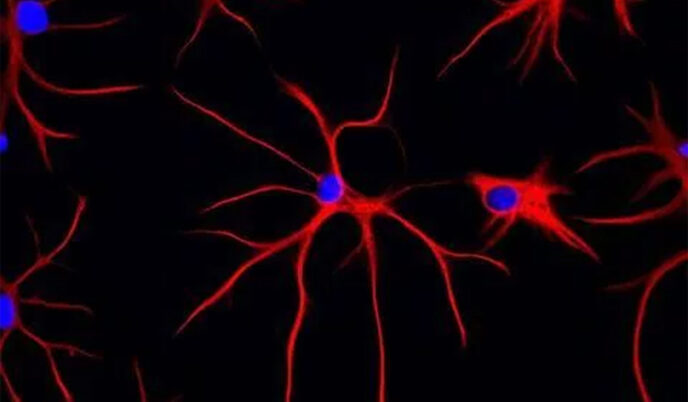
Mutation in common protein triggers tangles, chaos inside brain cells
A pioneer in the study of neural cells revealed how a single mutation affecting the most common protein in a supporting brain cell produces devastating, fibrous globs.

New clinical tool identifies patients likely to have seizures
A new scoring system developed by a UW School of Medicine and Public Health neurologist may help physicians identify which critically ill patients are likely to have seizures.